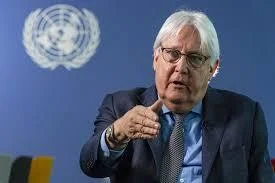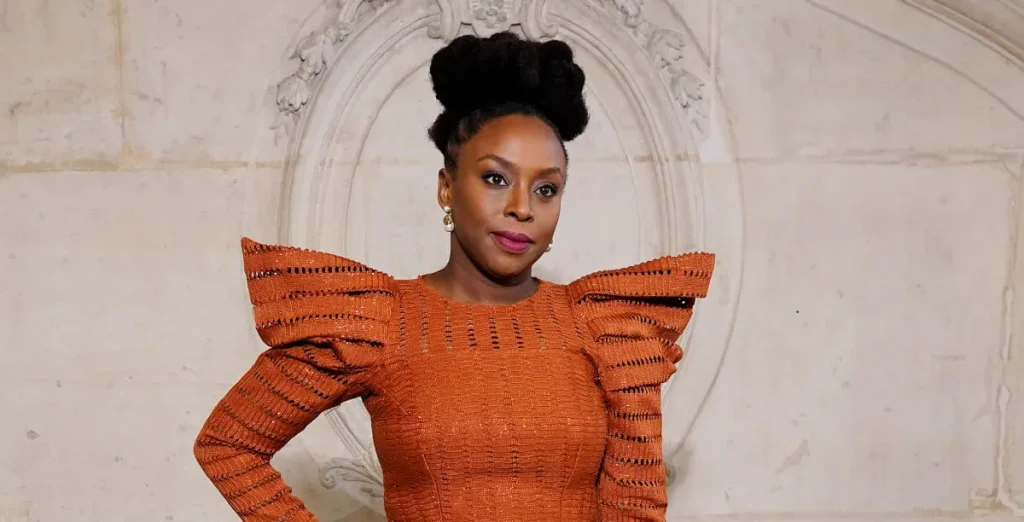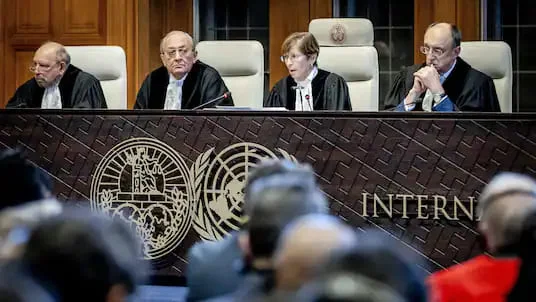In northeast Nigeria, the situation caused by the Islamic extremist group Boko Haram is extremely dangerous. Martin Griffiths, the United Nations humanitarian chief, stated that the region needs over $1 billion in aid for 2022 to help those affected by this ongoing crisis.
In an interview, Griffiths emphasized that the world must not forget the severe damage caused by Boko Haram and its offshoot, the Islamic State West Africa Province
. These groups have been responsible for thousands of deaths and have displaced millions of people.
Griffiths spoke in Abuja, the capital of Nigeria, where he explained that the conflict presents a serious threat to the people living there and requires urgent attention from the government. He urged the global community to remember the tragedy unfolding in the region.
Boko Haram began its insurgency in 2009, aiming to fight against Western education and to impose Islamic law in Nigeria. Over the years, their violence has spread to neighboring countries like Cameroon, Niger, and Chad.
The group gained international attention in 2014 when they kidnapped 276 schoolgirls from Chibok village, sparking the #BringBackOurGirls campaign. Sadly, more than 100 of those girls are still missing.
The conflict has led to around 35,000 deaths, according to reports from the United Nations Development Program. For each death, it is estimated that nine more people, mostly children, have died due to lack of food and resources.
Despite ongoing efforts by Nigeria’s military to stop the violence, especially in the Borno state and Lake Chad region, the conflict continues to persist.
Recently, a faction linked to the Islamic State released a video showing child fighters being trained, sending a clear message that they plan to stay active and are preparing a new generation of fighters.
Vincent Foucher from the International Crisis Group noted that Nigeria’s security forces have improved their air capacity, making it harder for the extremists to carry out large-scale attacks like they did a few years ago.
However, Griffiths pointed out that it remains uncertain when the millions displaced by this violence will be able to return home. It is important for these people to have hope that they won’t be exiled from their villages forever.
For 2022, the United Nations estimates that the northeast of Nigeria will need more than $1 billion in development aid, in addition to what the government is spending.
These funds are crucial for providing food and healthcare to those displaced and to the vulnerable populations still living at home but at risk of attacks.
Griffiths acknowledged that Nigerian officials understand that solving these problems will not happen quickly.
Outside of the northeast, other areas of Nigeria, particularly in the northwest and central regions, are facing violent attacks from armed groups traditionally made up of nomadic herders. These groups are involved in ongoing conflicts with farming communities over resources like water and grazing land.
Griffiths stressed that Nigeria cannot win the fight against extremism solely through military action. He called for more efforts to develop communities, stating, “You win civil wars in the minds of the people who live there.”
He emphasized that without community support, no amount of military strength will lead to lasting peace.
As the crisis continues, many communities in northeast Nigeria are struggling to survive. Families have lost their homes, and children are often left without access to education or healthcare. The needs are overwhelming, with many people relying on aid to get by each day.
Local organizations, along with international NGOs, are working hard to provide food, shelter, and medical care to those affected. Schools that once stood tall have been turned into makeshift camps for displaced families.
Children who should be learning are instead living in uncertainty, facing the harsh realities of conflict.
Griffiths pointed out that education is a key part of recovery, stating, “We must ensure that children have a chance to return to school and rebuild their futures.”
In addition to immediate relief efforts, Griffiths emphasized the importance of long-term development strategies. He believes that creating opportunities for young people—like vocational training and job placement—can help break the cycle of violence. “When people have jobs and a stable life, they are less likely to fall into extremist ideologies,” he said.
Communities that have come together to support each other are also a beacon of hope. People from different ethnic and religious backgrounds are joining forces to provide food and support to those in need.
Griffiths highlighted these efforts, saying, “Community resilience is essential in overcoming the challenges they face.”
Despite the grim circumstances, there are signs of hope. Local leaders are advocating for peace and dialogue between conflicting groups, emphasizing the need for understanding and cooperation.
Griffiths believes that peace can only be achieved through these grassroots efforts. “Building trust among communities is the first step toward lasting peace,” he remarked.
As the world looks on, it is crucial that the plight of the people in northeast Nigeria remains in the spotlight. The international community must respond with compassion and support to address both the immediate and long-term needs of those affected by this ongoing conflict.
Griffiths concluded, “We cannot turn our backs on the people who need us the most. Their struggle is our struggle, and together we can make a difference.”























